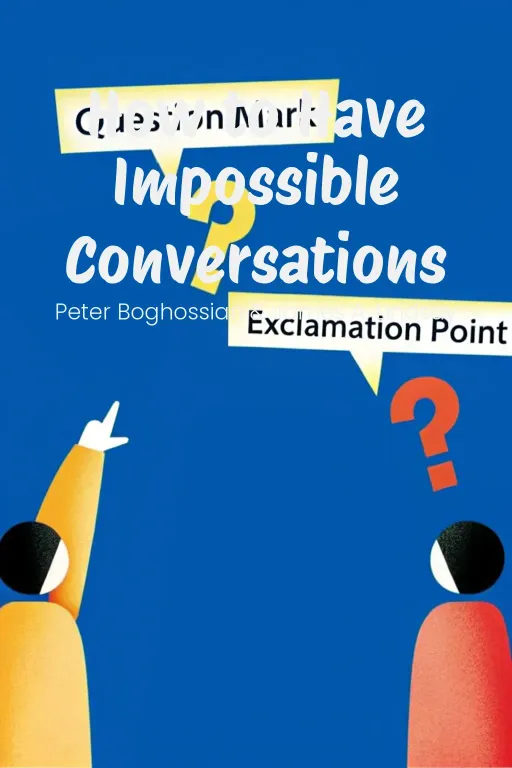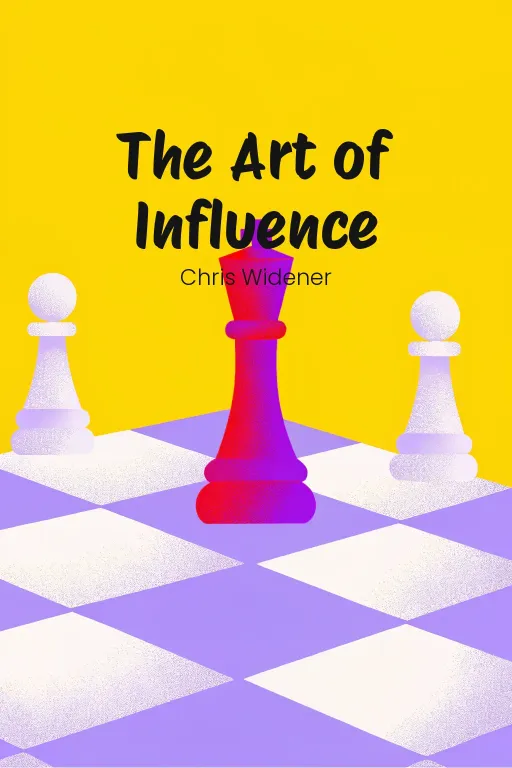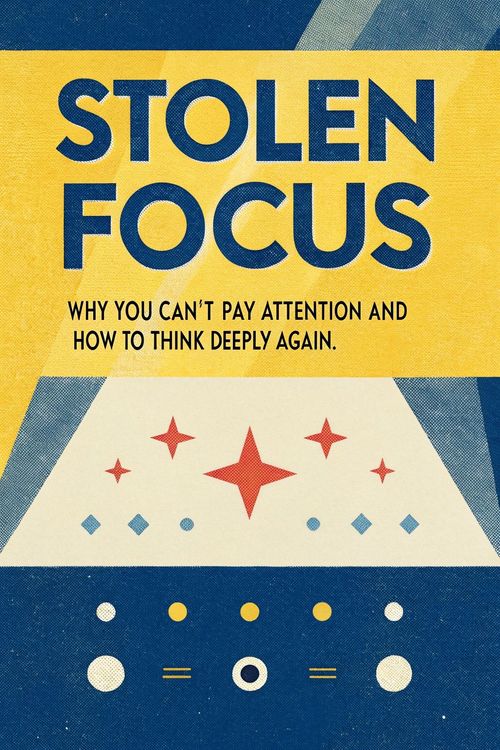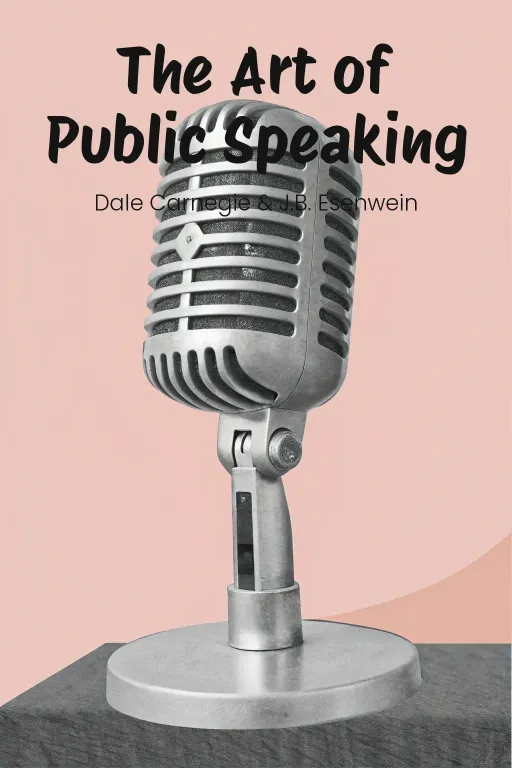
Unlock Deeper Talks: Empathy's Edge
Podcast by Beta You with Alex and Michelle
Reclaiming the Lost Art of True Connection
Unlock Deeper Talks: Empathy's Edge
Part 1
Alex: Hey everyone, welcome back! Okay, quick question: have you ever had a conversation where you felt totally “heard”? Like the other person really “got” you? Or the opposite – like you were just talking “at” a wall? It's funny how often we “think” we're good listeners, but... are we, really? Michelle: Right? Because, let’s keep it real, most of the time we're just waiting for our turn to jump in, or we’re busy formulating the perfect response in our heads. Real, actual listening? That’s a completely different animal. And it gets complicated! Like, how do you stay focused when the conversation goes off on a tangent… or, say, you end up trapped in a discussion about your coworker’s, uh, “cat” issues? Alex: Precisely! And that's where today’s book, Listen Like You Mean It by Ximena Vengoechea, comes into play. It’s all about really changing the way we listen, moving beyond just the surface-level stuff to creating genuine, meaningful connections. Vengoechea doesn't just explore “why” this matters, but gets into the “how”. She gives us real strategies to use empathy, curiosity, and humility in conversations. Michelle: So, it’s more than just nodding along and saying "uh-huh" while mentally checking out? Groundbreaking! But seriously, it sounds like Vengoechea gives us a framework for navigating difficult conversations and picking up on those unspoken cues that we usually miss completely. Alex: Exactly! In this episode, we’re going to break it down into three parts. First off, we'll define empathetic listening – what it truly means and why it's so important, for both your personal and professional life. Then, we’ll dive into what she calls the three superpowers of a great listener: empathy, humility, and curiosity. And finally, we’ll look at how these superpowers work in the real world, with concrete takeaways you can use in any conversation, whether it's at home, at work, or even – yes – when your colleague launches into another cat story. Michelle: So, we’re basically tuning into the very heartbeat of human connection, huh? Alright, let’s see if these listening so-called superpowers actually live up to the hype.
Empathetic Listening
Part 2
Alex: Okay, let’s dive in. What is empathetic listening and why should we care? Simply put, it's much more than just hearing the words someone's saying. It’s about really connecting with their experiences, their feelings, even the stuff they don't say out loud. It's about making them feel truly seen and heard, which is the foundation for any strong relationship, really. Michelle: Right, so it’s not just, you know, nodding along while you’re actually thinking about lunch. It’s like… actively engaging. Next-level listening. Alex: Exactly! It takes you beyond those surface-level interactions and polite agreements. Vengoechea puts it well, saying it's about prioritizing their perspective over your own need to jump in and reply. It’s a deliberate choice to connect more deeply. And when you do it right, it can really strengthen any relationship, whether it's with your partner, a colleague, or even someone you've just met. Michelle: Okay, so theoretically, it's like… turning into a mind-reader? Just kidding. But seriously, how do you explain the difference between just "hearing" someone and really "listening" with empathy? Alex: Good question! See, hearing is passive. It's just physiological – your ears pick up sound, that's it. But empathetic listening? That’s active. It's about saying, "I'm not just registering your words; I'm trying to understand the emotions, the context, and even the needs that you might not be saying directly.” Think about user researchers, for example; they meet strangers, tune into both what is said and what is unsaid, and uncover insights to understand their true experiences. They’d never gather meaningful data without that deeper level of engagement. Michelle: I like that – it’s a practical example. But wouldn't that get exhausting? I mean, if someone's unloading their problems or just going off on a tangent, how do you stay present without burning out? Alex: Actually, that's a perfect segue to the next point. Empathetic listening isn't about taking on someone else's emotional baggage. It involves three interconnected traits: empathy, humility, and curiosity. Let’s tackle empathy first; it’s the bedrock of it all. Michelle: Empathy – so, like, stepping into someone else's shoes? Alex: It's a bit more nuanced than that old saying. It’s not about imagining how you’d feel in their situation – that's sympathy. Empathy is about stepping into their world and connecting with their emotions or their experiences as they feel them, even if you don't share those feelings or experiences. Michelle: Okay, but what if you have absolutely nothing in common? I mean, you mentioned software developers. How do you relate if their world is just completely… foreign? Alex: Well, that's what makes empathy so powerful. Vengoechea talks about her experience with software developers, right? She didn’t have their technical skills, but by listening deeply – recognizing their challenges, frustrations, and even their successes – she created a space where they felt truly seen. It’s not about having the same experiences. It's about valuing their experiences. Michelle: Right, got it. So, tools like reflecting back their emotions or using nonverbal cues could help bridge those gaps. Like a verbal mirror, where you paraphrase what they’re feeling to affirm their perspective? Alex: Exactly! Like saying, "It sounds like finishing that project was really important to you". Don't underestimate the power of nonverbal cues either – steady eye contact, nodding, an open posture. They signal, "I’m here, I’m engaged." Michelle: Alright, point taken. Empathy sounds like the key. Let's talk about humility; that one feels a bit trickier. Are we talking about swallowing your pride, or what? Alex: It’s more about letting go of assumptions. Humility allows you to approach conversations with a blank slate, without your own preconceived judgments or biases clouding your perception. Vengoechea uses the image of being "neutral Switzerland" in a conversation. It's about suspending conclusions, regardless of whether someone is sharing insecurities about their job or struggling with a fear that they can’t even name. Michelle: Neutral Switzerland… that’s a good image. But isn't it just human to make judgments, even unconsciously? How do you turn that off? Alex: You can't completely turn it off, but you can actively challenge those judgments. For instance, instead of assuming someone's nervousness is about speaking in public, you gently probe: "Can you tell me more about why you're feeling uneasy?" That sort of openness can uncover deeper truths that people might not immediately articulate, like Leah's story in the example. She wasn’t just nervous about her role, she felt “inadequate”, which a judgmental approach might’ve missed entirely. Michelle: So, instead of jumping to conclusions, you let their story unfold. Okay, I like it; I'm tracking. Last piece – curiosity. Alex: Curiosity is what keeps the whole dialogue alive. It’s that willingness to ask deeper questions, to really dig into why someone feels or acts a certain way. Vengoechea points out how even routine conversations—like about daily schedules—can reveal surprising insights if we ask the right questions, you know? For instance, someone might just start talking about their daily habits, but intentional curiosity could lead to a revelation about their family dynamics or their personal goals. Michelle: Right, so maybe the phrase "tell me more" does a lot of the heavy lifting here. Or observing their body language—like when someone hesitates or shifts uncomfortably—that's another cue asking for curiosity, isn't it? Alex: Absolutely. Curiosity invites exploration. Think about Gabriela's career transition—by asking her open-ended questions like, "What's holding you back?", Vengoechea helped her unpack anxieties and aspirations she hadn't even fully realized. The key is to use observation alongside thoughtful questions to deepen the connection. Michelle: Okay, so we’ve got empathy for emotional glue, humility to wipe the slate clean, and curiosity to keep digging – it sounds like we're building a Swiss Army knife for better conversations.
Conclusion
Part 3
Alex: So, to sum up, empathetic listening is really the bedrock of any meaningful connection. It's not just about processing the words someone's saying; it’s about genuinely connecting with their emotions, their point of view, and those unspoken needs we all have. By weaving empathy, humility, and curiosity into our conversations, we can completely transform how we connect with people—whether it's family, friends, colleagues, or even just someone you meet in line at the coffee shop. Michelle: Exactly. And what really hit home for me is that these “listening superpowers” aren't just some lofty, abstract ideals, right? They’re actually practical tools we can use. Empathy lets you see things from another person's eyes, humility helps you set aside your own assumptions, and curiosity pushes you to dig deeper with your questions. It’s not about some heroic effort, more like just being mindful and intentional in every conversation you have. Alex: Totally. Listening with intention isn’t about being perfect, it’s about being present. So, here’s something to think about: next time you’re talking with someone, just pause for a second and ask yourself, "Am I really trying to understand where this person's coming from, or am I just waiting for my turn to jump in?" That small change in perspective can really transform the way you connect with people. Michelle: And maybe pay a little more attention to those subtle clues people give off—you know, their body language, the pauses they take, the emotions that are just under the surface of what they're saying. Because I think, if we all just focused on listening a little bit better, we might be surprised by what we discover. Alex: Precisely. So, go out there and make an effort in your conversations! Keep practicing, and listen with intention. Thanks for being with us today, and we'll catch you next time! Michelle: Later, everyone. And remember, the best conversations aren’t a matter of luck; they're built, one empathetic question at a time. See you!









